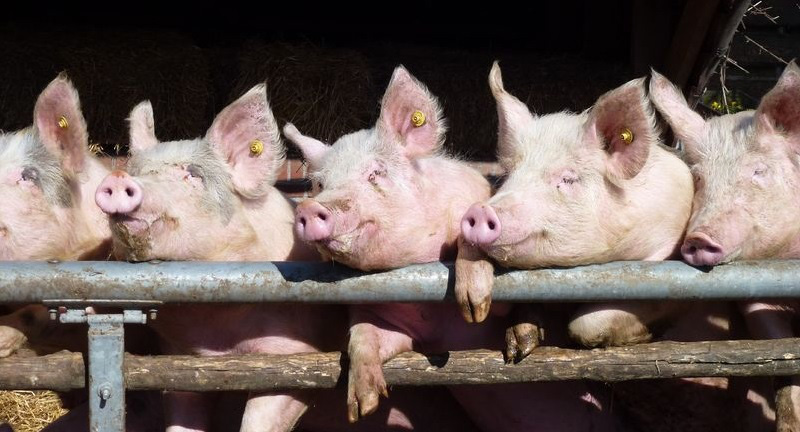
A 2 million euro project to look at health and meat quality of pig farming in the EU has been launched.
The project is made up of 19 organisations from across Europe and will be called EU PIG, a four year project to look at health management, precision production, animal welfare and meat quality.
The consortium represents 13 Member States that together account for 92% of the EU’s pig meat production and 89% of the EU’s pig herd in 2014.
The EU PIG consortium consists of or will have links to, national and regional pig producer groups, researchers, rural development boards and innovation practitioners, including a number of Small and Medium Sized Enterprises (SMEs).
EU PIG is a new concept which aims to improve the connection between producers and the latest science, husbandry techniques and technologies from within their industry via fellow producers, academics and advisors connected through thematic and regional platforms.
It is funded by the European Commission’s research and development programme, ‘Horizon 2020’.
The next four years will see tools created and practical guidance available for all parts of the industry.
Innovative best practice combined with scientific knowledge will be identified and shared via comprehensive website explaining in detail the project objectives and how to get involved.
Charlotte Evans, technical innovation manager for AHDB Pork, said: “There are national and regional pig producer groups, researchers, rural development boards, innovation practitioners and SMEs. EU PiG partners have a common desire to share and present best practice and research results on four specific themes: pig health management, precision production, welfare and meat quality.”
“This is the most effective way of gathering information and getting it out to levy payers while avoiding duplication. The main focus will be on topical issues that are relevant today, not work that was done 10 years ago."
